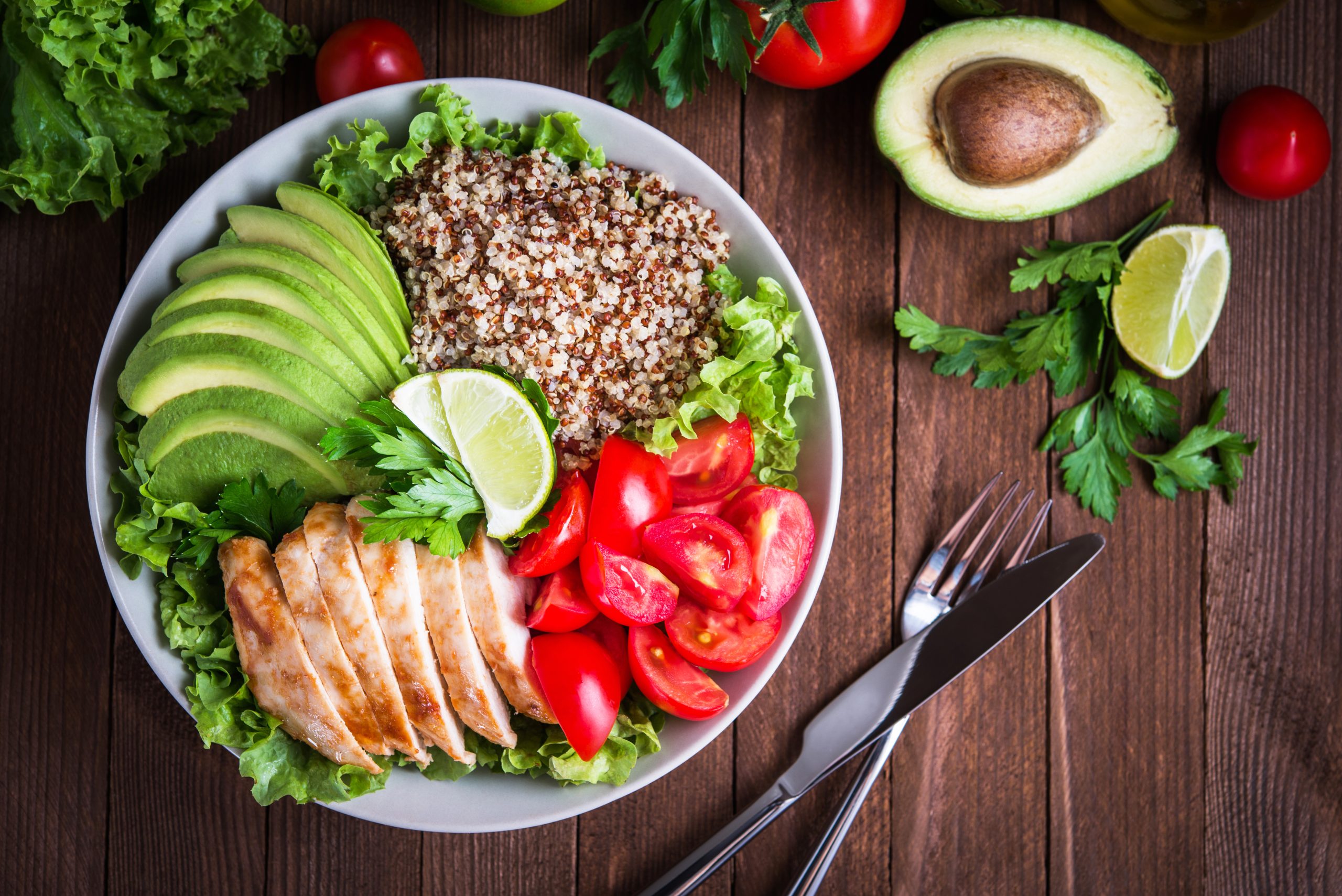Follow us on:

Nutrient-Dense Food
Imagine that you have a cup of milk and a cup of cola in front of you. Which one would you pick? Let’s compare the contents of a cup of milk and a cup of cola. What other nutrients are found in milk and cola, assuming they provide the same number of calories? Protein, calcium, and vitamin D are all present in milk, while sugary drinks like cola are primarily made of sugar.
We certainly want the food we eat to benefit our health and grow our bodies. We should seek out foods that are nutrient-dense but not energy-dense. A nutrient-dense food is one with a high nutrient content and few calories which comes with protein, healthy fats, vitamins, minerals or complex carbohydrates. Lean meats, whole grains, low-fat milk products, fruits and vegetables, eggs, nuts and legumes are examples of nutrient-dense food. Nutrient-dense food helps reduce the risk of chronic diseases such as diabetes and cardiovascular problems, while minimising the risk of nutrient deficiency such as osteoporosis and anaemia.
How should we obtain nutrient-dense food?
Reading food labels during grocery shopping
Reading the food label helps to determine if a food product is an energy-dense food or has a well-balanced profile of nutrients. Check out the Healthier Choice Symbol to help us select a healthier food product. There is no single “super food” that offers ultimate health benefits at once, and we should get sufficient nutrients from a combination of food that we consume.
Apply the concept of My Healthy Plate
My Healthy Plate is a useful tool for receiving optimal nutrient intake from our plate. Our plate should be made up of one quarter whole grains, one quarter protein, and half of the plate filled with vegetables and fruits. Whole grains such as wholemeal bread, wholemeal noodle or brown rice increase our fiber intake, whereas protein choices can be lean meat, chicken, fish, tofu, eggs or dairy product which help in cell growth and development. The remaining half is for fruits and vegetables which are rich in vitamins and minerals.
In a nutshell, it is crucial to eat right and choose a variety of nutrient-dense food to optimise nutrient intake and keep our body healthy.
